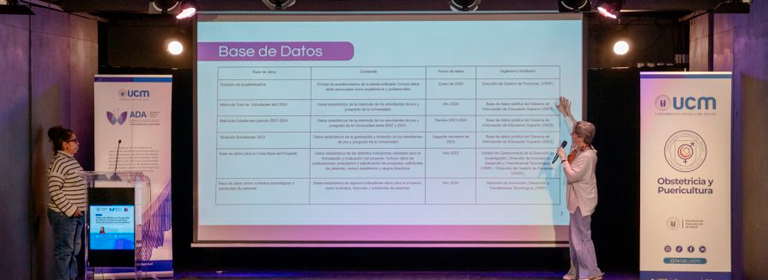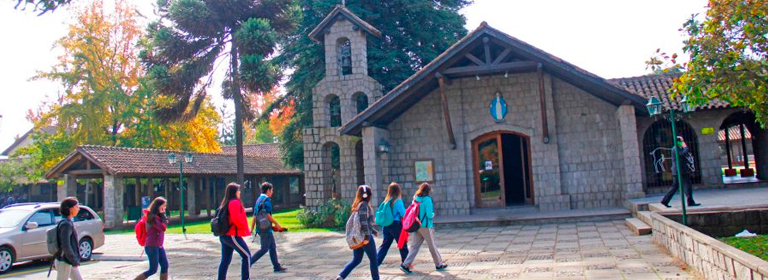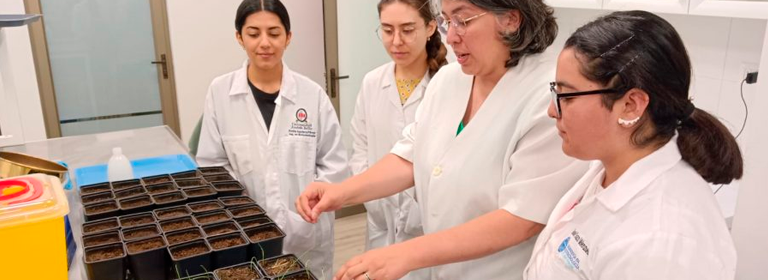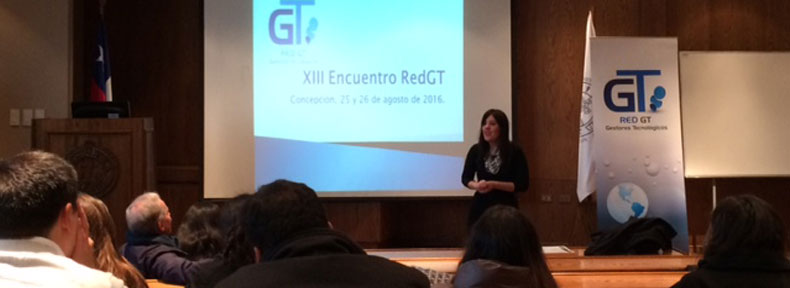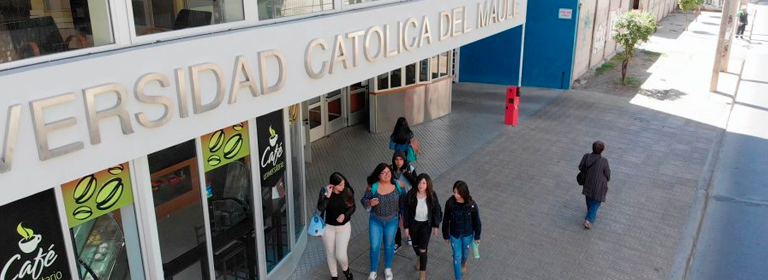Forensic expert Andrea Pimentel highlighted the need to recognize structural inequalities that affect society in clinical practice.
 The importance of incorporating a gender perspective into standards, protocols, and clinical practices was addressed by midwife and forensic expert in obstetrics Andrea Pimentel during a talk at the Catholic University of Maule (UCM), Curicó campus.
The importance of incorporating a gender perspective into standards, protocols, and clinical practices was addressed by midwife and forensic expert in obstetrics Andrea Pimentel during a talk at the Catholic University of Maule (UCM), Curicó campus.
The event was organized by the ADA Observatory Project and aimed to strengthen the understanding and application of the gender approach in health careers, in order to respond to the different needs of women, men, and gender diversity.
“Gender is a cultural construct that permeates all clinical work. Mainstreaming the approach involves recognizing structural inequalities and redesigning our institutional responses,” said Pimentel, who is also supervisor of the High-Risk Obstetrics Unit at Dr. Luis Tisné Brousse Hospital and holds a master’s degree in Gender Equality and Violence.
“There is an archetype that places women in a position of subordination to men, where everything revolves around them as a universal individual. The challenge is to recognize that the individual is composed of other agents, such as women and diversity, and that in the case of women, reproductive history greatly influences their career trajectory and life trajectory,” she added.
 The director of Obstetrics and Childcare at the school, Verónica Ramírez, praised the event for its clarity and practical application. «Despite the technical content of the presentation, the talk was very enjoyable and understandable, even for first-year students. The use of metaphors such as ‘the glass ceiling’ or ‘the sticky floor’ helped us understand the real barriers that women face in their professional careers,» she said.
The director of Obstetrics and Childcare at the school, Verónica Ramírez, praised the event for its clarity and practical application. «Despite the technical content of the presentation, the talk was very enjoyable and understandable, even for first-year students. The use of metaphors such as ‘the glass ceiling’ or ‘the sticky floor’ helped us understand the real barriers that women face in their professional careers,» she said.
Institutional diagnosis
As part of the conference, the ADA Observatory Project shared a diagnosis of gender gaps within UCM, structured on the basis of quantitative data and experiences shared in focus groups.
Dr. Mary Carmen Jarur, director of the project, explained that one of the most relevant findings was that women’s academic trajectories vary significantly depending on the campus. “This leads us to incorporate intersectionality into the analysis and allows us to design differentiated strategies to support female academics in less central contexts. We are promoting some affirmative actions in this regard, such as reserving a priority quota for female academics from Curicó or Los Niches in an internal competition that seeks to promote the academic trajectories of women at UCM,” she said.
 Through the assessment, the project also found that female participation in some STEM majors is only 8% of the student body, and that women account for only 19% of the main authorship of indexed publications (Web of Science and SCOPUS).
Through the assessment, the project also found that female participation in some STEM majors is only 8% of the student body, and that women account for only 19% of the main authorship of indexed publications (Web of Science and SCOPUS).
«This is not something unique to our university. If we did similar work at another institution, we would probably find the same results in general terms. The idea is to move toward a more just, inclusive, and equitable university culture,» Jarur pointed out.
The initiative, funded by the National Research and Development Agency (ANID), will hold a second session to share the assessment on the San Miguel de Talca campus.

